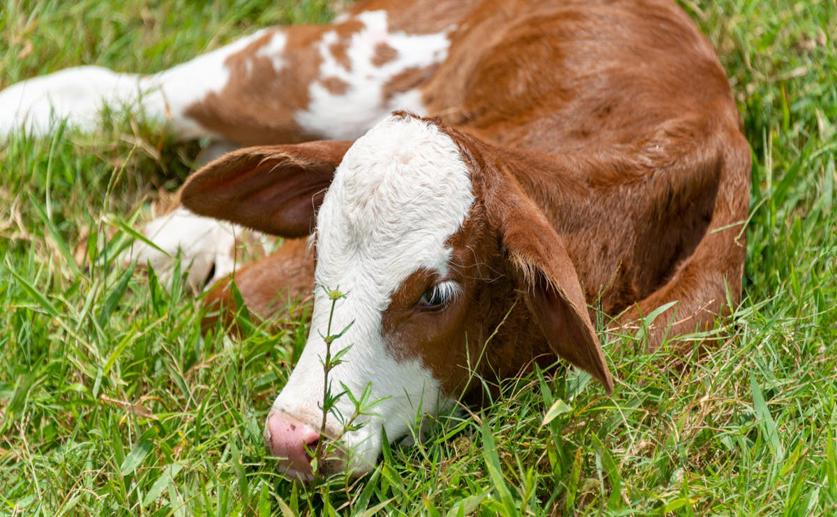
Ginger Extract's Impact on Growth and Health in Young Cows
Greg Howard
12th April, 2024

Key Findings
- In a study at Isparta University, calves given ginger extract showed better growth and were weaned earlier
- Calves on a moderate ginger extract diet ate less feed, hinting at improved feed efficiency
- The highest ginger extract dose reduced E. coli growth, suggesting a boost in health and immunity
References
Main Study
1) The effect of ginger (Zingiber officinale L.) liquid extract on growth, immune response, antioxidant defence mechanism, and general health of Holstein calves.
Published 11th April, 2024
https://doi.org/10.1007/s11250-024-03972-6
Related Studies
2) Ginger extract enhances antioxidant ability and immunity of layers.
3) The effect of dietary garlic supplementation on body weight gain, feed intake, feed conversion efficiency, faecal score, faecal coliform count and feeding cost in crossbred dairy calves.
4) Fat digestion and absorption in spice-pretreated rats.
5) Effects of essential oil supplementation of a low-energy diet on performance, intestinal morphology and microflora, immune properties and antioxidant activities in weaned pigs.



 6th April, 2024 | Jenn Hoskins
6th April, 2024 | Jenn Hoskins